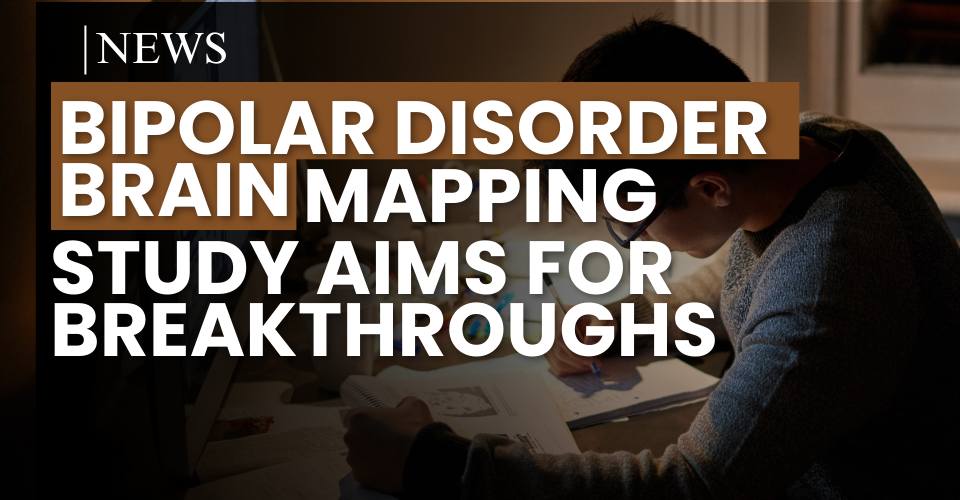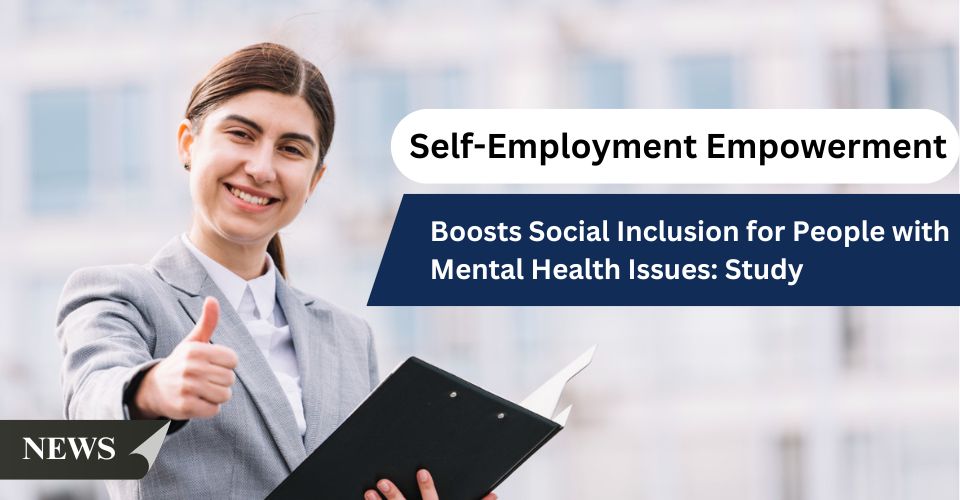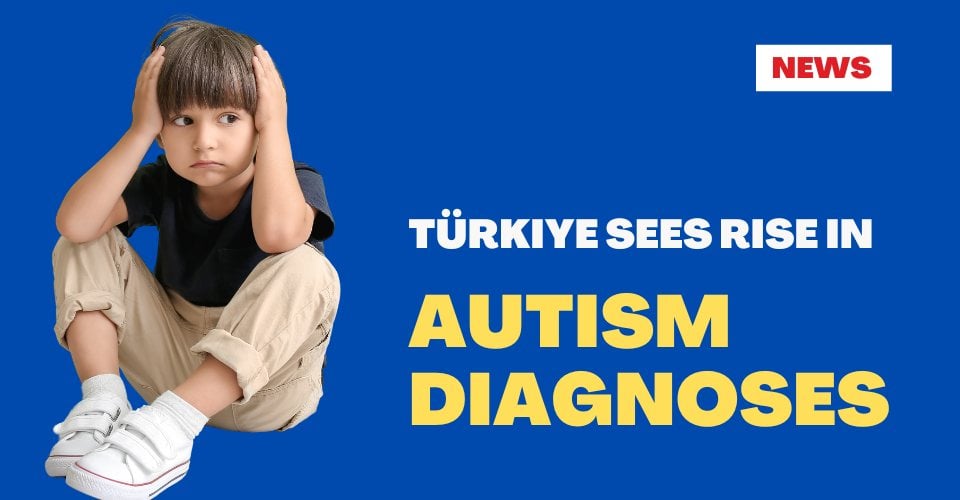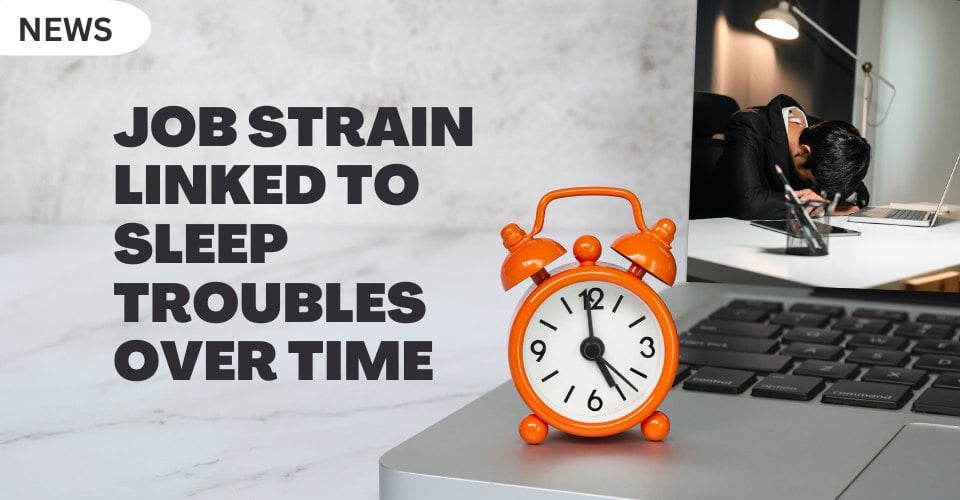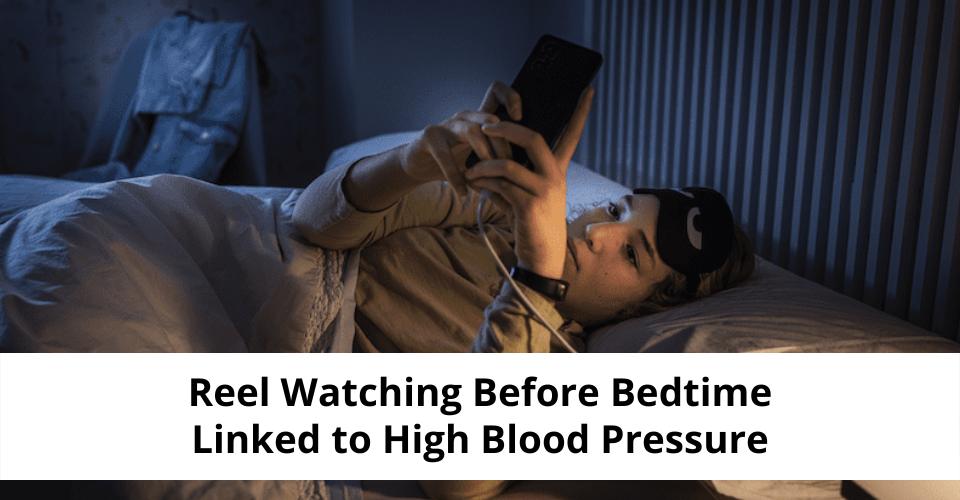- Time blindness in ADHD affects individuals’ life perception and time management.
- Despite mockery, experts stress the need for understanding and advocating strategies to address the challenges it poses.
Chronic lateness is no longer seen as a mere inconvenience; it has been recognized as a medical condition called “time blindness,” often linked to attention-deficit/hyperactivity disorder (ADHD) and other mental health issues.
Some individuals with this condition seek accommodation, leading to debate and ridicule. Despite the negative reactions, experts acknowledge the reality of time blindness, affecting perception and time management for many tasks.
Psychotherapist Stephanie Sarkis explains that time blindness in ADHD impairs individuals’ ability to perceive time accurately, impacting those with depression, anxiety, bipolar disorder, post-traumatic stress disorder, and various other mental health conditions. Although it is associated with ADHD, everyone experiences moments of time blindness, particularly when caught up in activities they enjoy.
Addressing time blindness in ADHD involves various strategies, such as setting frequent alarms, using beeping watches, and employing apps or timers to help with scheduling and prioritization.
Analog clocks may be beneficial in showing the passage of time more effectively than digital clocks. Sleep deprivation can worsen time blindness, making it essential to seek help if necessary, including therapies and medications for those struggling with ADHD.
The elaborated concept of time blindness in TikToker Sarah Trefren’s viral video faced mockery recently as she requested accommodations during a job interview due to time blindness.
While some users criticized her, experts stress that the condition is genuine and deserves understanding and support. The impact of time blindness at work goes beyond mere punctuality; it can make daily tasks challenging for those affected.
Despite the negative comments, Trefren argues that a culture of dismissing individuals who struggle with punctuality needs to change. She believes it is essential to dismantle this approach and promote empathy and understanding in the workplace. While her response received criticism, it highlights the importance of recognizing time blindness as a valid issue that requires consideration and interventions.
Genz’s time blindness at work and home, particularly those with ADHD, affect their lives in the long run. It is essential to approach this matter with sensitivity and provide support and accommodations where needed. Utilizing various strategies, such as reminders, apps, and analog clocks, can help manage time more effectively.
Furthermore, seeking professional help, if required, can lead to therapies and medications that assist individuals struggling with time blindness and its associated challenges. A more compassionate and empathetic approach to time blindness can lead to a healthier and more understanding work environment.





